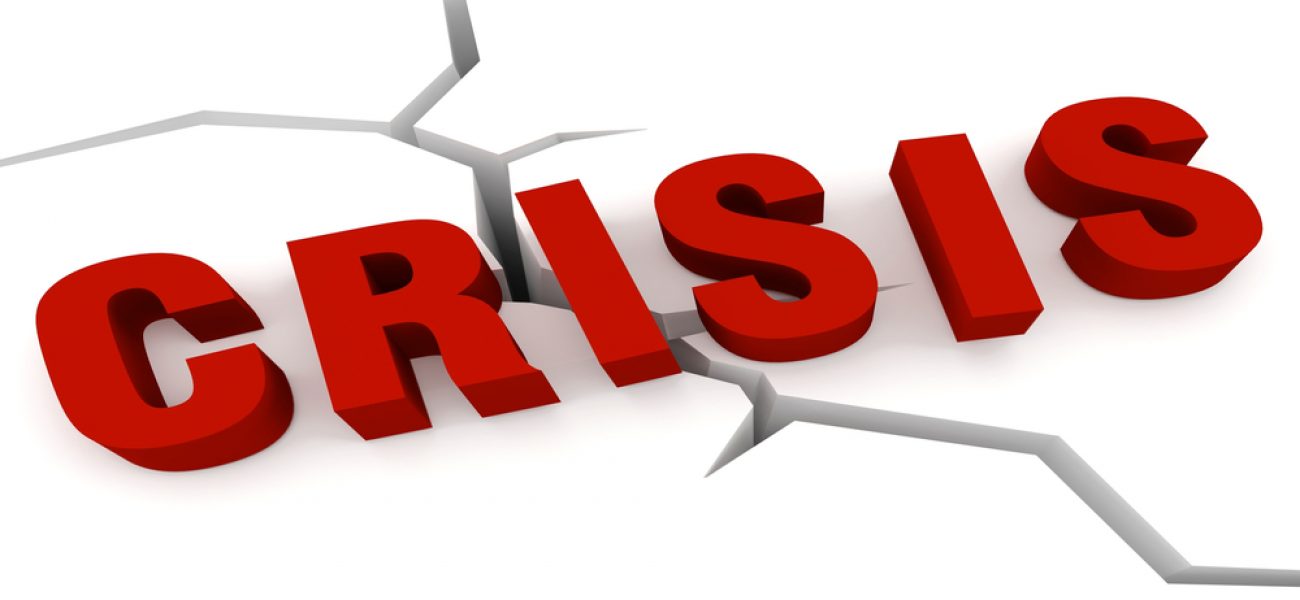Data released by the National Bureau of Statistics (NBS) on Monday showed a shrink in Nigeria’s Gross Domestic Product (GDP) by -6.10% year-on-year. This is ominous for the economy. One more quarter of a shrink and the country will descend officially into recession. This is an expected trajectory and has set Nigeria on a worrying negative path. Although most economies around the world have taken a hit from the ravaging impact of the global coronavirus pandemic, there are concerns that Nigeria’s economic crisis could be on a long path of uncertainty. Global economic crisis has slowed and severely reduced crude oil production and export, around which Nigeria’s economy revolves. Government’s claim to implementing a policy of diversification of the economy has fallen flat without any evidence of success.
Massive debts have piled up, including loans from the Chinese and other creditors. The cost of servicing these loans are massive and it would appear that the country has no money to see it through the crisis. The promise by the International Monetary Fund (IMF) to make available a loan of $3.4 billion is encountering stumbling blocks. The IMF had listed conditionalities that Nigeria must fulfil to enable it access the loan. The conditionalities include the Nigerian Government scrapping multiple exchange rates used for its financial dealings which has bred corruption; removal of subsidy on petroleum products and reform of the oil sector, including passage of a Petroleum Industry Bill (PIB). Nigeria claims it has removed subsidy. Yet the State-owned Nigeria National Petroleum Corporation (NNPC) continues to be the sole importer of petroleum products into the country, with prices set by it in a manner that is not transparent. The government’s half-hearted attempts to unify the exchange rates has seen currency values tumble by nearly 30 per cent.
The NBS report of a decline in Nigeria’s GDP may not have come as a surprise to many. Nigeria had since begun to experience an economic downturn in 2019. However, this was compounded by the COVID-19 pandemic and the implementation of a nationwide lockdown, which meant that many commercial activities were halted or drastically minimised. The Nigerian economy has been growing at a slow pace since its last recession in 2016 but has just witnessed its biggest contraction four years later, owing to the pandemic.
Nigerians worry over what appears to be the absence of a concrete strategy to boost economic growth, especially in the midst of the pandemic, considering that prior to COVID-19, government policies were not creating tangible positive economic impact. The country continues to service debts with a chunk of its revenue, while seeking to generate revenue by placing additional levies and tax burdens on citizens. The extent of the impact of an impending recession is dependent on the response of the Nigerian Government. On the streets, citizens are groaning in pain. Unemployment levels have reached 40 per cent, as enterprises that were already suffering from the impact of the hostile business environment in the country were forced out of business or constrained to lay off workers following the incidence of the pandemic.

